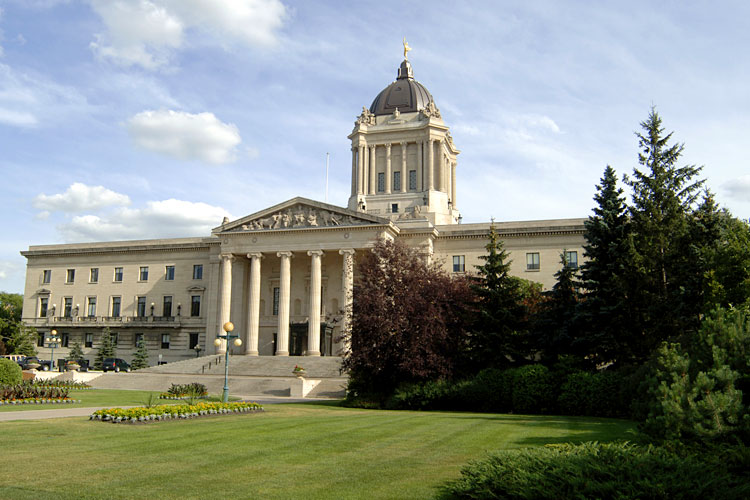In an effort to slay what appears to be a structural deficit, the Manitoba’s government is legislating a pause in annual inflation- level pay increases in its share of the overall public sector. That is, if the legislation is okay with the courts.
Last July, the Manitoba government passed Bill 28, the Public Services Sustainability Act. The legislation would freeze provincial public sector wages for two years, to be followed by a 0.75 percent increase in the third year and a one percent increase in the fourth.
This effort for limited public sector wage restraint came as a shock to unions, but is a cause to rejoice for most taxpayers. Manitoba has not had a balanced budget since 2008-09. And, it is set to borrow another $521 million this year. Last year, Manitoba spent almost $1 billion paying interest on the $24 billion debt, which represents nearly $18,000 for every Manitoban. And, the debt and interest cited here doesn’t include Hydro’s massive levels.
Some, like Manitoba Teachers’ Society president Norm Gould, have called the bill “Draconian,” adding, “It (the government’s deficit) is not a public sector deficit, so to put it only on the shoulders of the public sector is improper and inappropriate.”
But what are the choices? More tax?
Finance Minister Cameron Friesen already admitted “We have the highest taxes west of Quebec.” The province is already freezing its grant to Winnipeg for the second year in a row and slashing 30 percent of highway spending. The elephant taking 70 percent of the government’s fiscal room is the $9.6 billion in pay and benefits for 123,000 civil servants and Crown funded agencies. Every one percent increase in public wages costs the Manitoba government $100 million.
It is not that Manitoba’s public sector employees are ‘poor’. A 2015 study by the Canadian Federation of Independent Business showed that they made 8.2 percent more than those with comparable jobs in the private sector—19.5 percent when pension, health, and other benefits are included.
And a Fraser Institute study found that Manitoba’s public sector workers retire 2.7 years earlier than their private sector counterparts and take 2.9 more sick days a year. Public job loss turnover rates were only 0.5 percent, private was 2.4 percent. On an national basis, the Fraser Institute study also reported that eighty-nine percent of public sector workers, nationally, had registered pensions, with 94 percent of those being defined benefit. Just 24 percent of private sector employees had registered pensions, with 45 percent of those being defined benefit.
Defined benefit pension plans guarantee annual retirement payments equal to two percent times the number of years worked times the average of a worker’s best five years salaries. Often in their final five years, workers take as much overtime to boost their pensions even higher.
If the courts allow the government’s restraint package, the larger part of savings from Bill 28 would not be seen for four years. Even with the help through wage restraint, the government will hard pressed to eliminate its annual deficits and avoid even higher taxes.
The unions claim Bill 28 violates the charter by “forcing public servants to work under terms and conditions of employment that were coerced, dictated and imposed by the state.” Funny thing, that sounds a lot like the taxes that Manitobans pay to enable the government to pay public servants.
With Bill 28 an exception, it has always been easier for government to say “yes” to their unionized workers than to say “no” for the sake of taxpayers paying the bills. Imagine if it was not the government that union negotiators had to face, but a panel of taxpayers with their interests in mind. Imagine further that those negotiators had the power to declare no taxes would be paid until taxpayer demands were met. Workers with the right to strike would finally have their match.
For its part, the government has told the Court that their act acknowledges the right to collective bargaining by respecting past contracts and allowing negotiation on other workplace issues, including working conditions and job security. Bill 28 even “allows for increases in wages if real savings can be realized through negotiated efforts.”
Bill 28 provides a corrective rebalance in two areas: dealing with need to eliminate the provincial deficit and reducing the disparity of wages between Manitoba government workers and private sector employees.
For most Manitobans, Bill 28 is not unjust. In fact, it is the justice taxpayers have long been waiting for.



